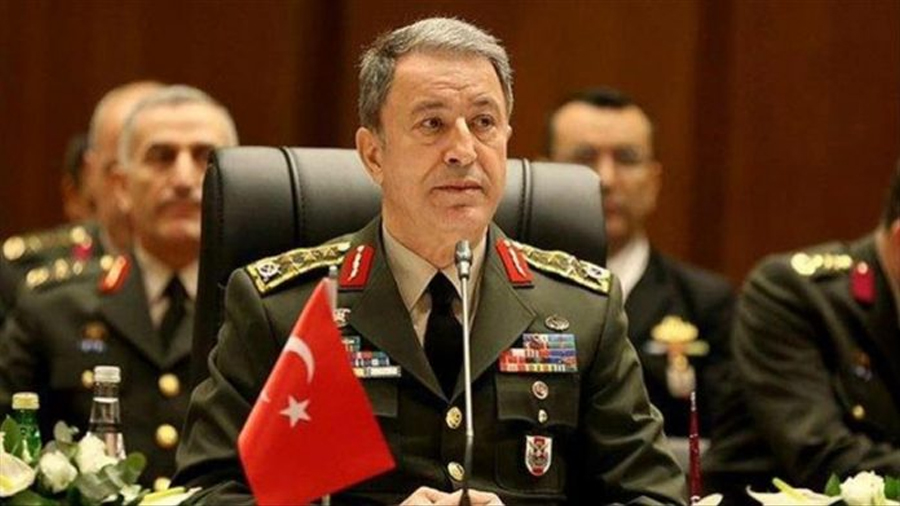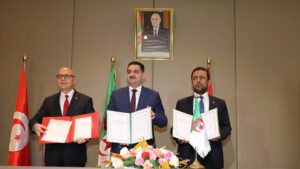The Turkish Defense Minister Hulusi Akar has stated that preparations of the Turkish Armed Forces for the deployment of troops to Libya are underway, adding that details will be determined after talks with the Libyan officials.
“It’s out of question for us to stay indifferent while civilians in Libya are under attack by Khalifa Haftar’s forces,” Akar said on Tuesday.
The Defense Minister said Turkey needs to consider the security measures necessary in Libya as a whole, adding that Ankara will make assessments with the participation of land, naval and air forces.
Akar made mention of the fact that Turkey and Libya’s GNA signed a memorandum of understanding on defense and security cooperation that envisages the training of the Libyan security forces, yet he stressed that the military cooperation between the two countries will enter a new phase with the deployment of Turkish troops.
In the meantime, the Turkish deployment motion that paves the way for sending troops to Libya has been set for one year with an extension if requested, according to the text of the motion.
Anadolu Agency reported Tuesday that the mandate of the Turkish troops had been specified by the 92th article of the Turkish constitution – which is related to sending troops to a foreign country.
The text of the motion also explained that the Turkish President Recep Tayyip Erdogan will be the one deciding on the time to send the troops and where they will be positioned.
It also indicated that developments in Libya threaten the entire region, including Turkey, especially after Khalifa Haftar had vowed to target Turkish interests such as the companies working in Libya or the Turkish nationals living in Libya as well as any Turkey-flagged ships in the Mediterranean.
Turkish President Recep Tayyip Erdogan and Head of the Presidential Council signed on November 27 two MoUs in security and military cooperation and in maritime boundaries demarcation to secure the rights of the two countries as per the international law.





